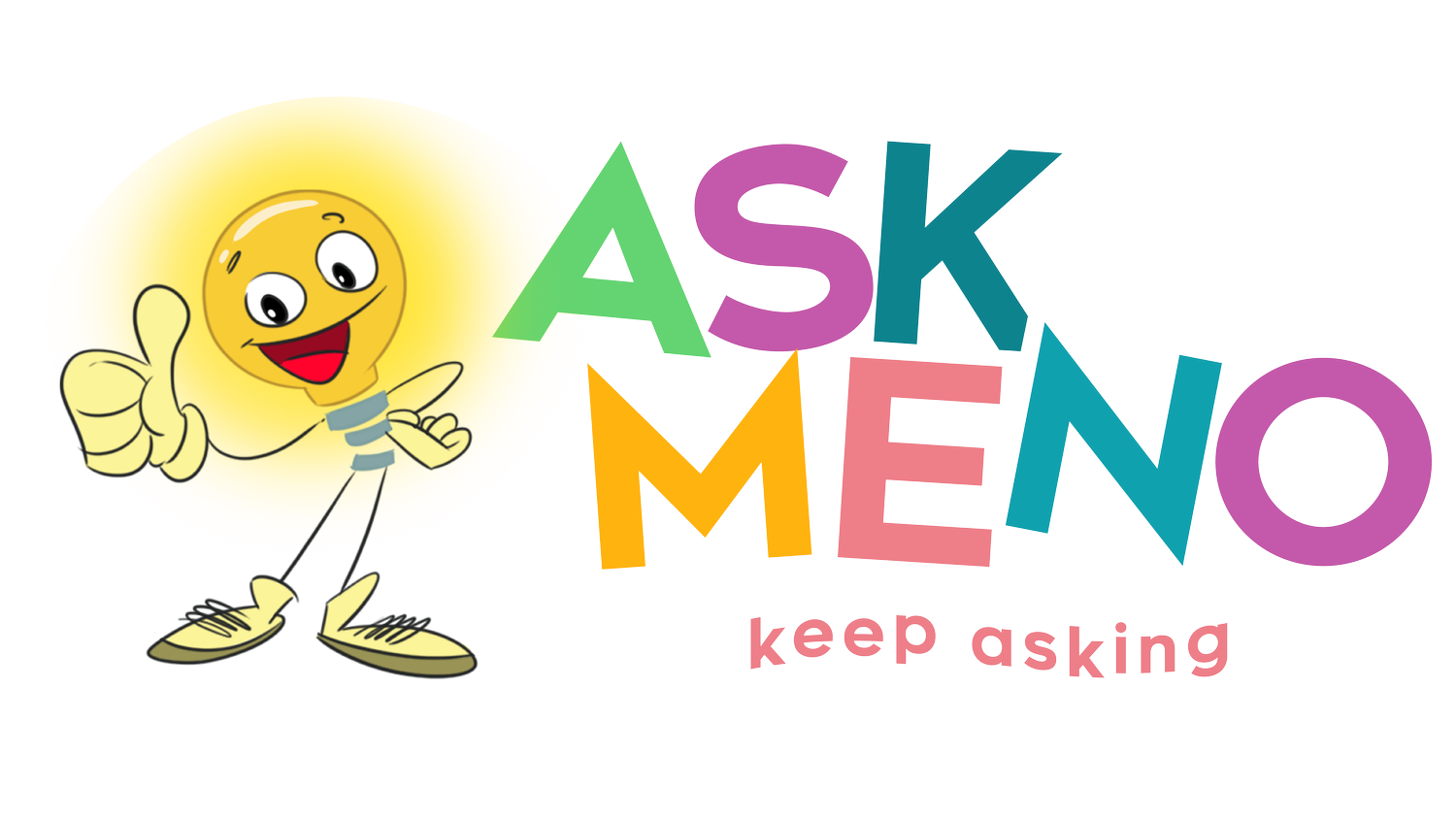Developmental Language Disorder (DLD): Myths & Facts
What is one of the most common childhood disorders that remains under-researched, mostly hidden, and relatively unknown?
We are passionate about every student population receiving the highest quality oral language instruction and intervention. As it relates to special education, Developmental Language Disorder (DLD) is the second most prevalent disability in children ages 3-5, affecting ~2 children in a classroom of 30.¹ Despite its prevalence, it’s a lesser known, under treated, and less researched disorder.²
As the director of Western University School of Communication Sciences and Disorders, Dr. Lisa Archibald, explains: “All too often, people mistake un-identified DLD as laziness or lack of attention. In reality, people with DLD are working hard to meet complex language demands.”³
Here's what DLD feels like from the perspective of Parker, a 17-year-old student from Brisbane:
“It’s not that you’re not listening or paying attention. DLD feels like everything is going over my head all the time. When I talk, it feels a bit like I’m about to stutter. Everything rushes to your mouth at once. I have to stop the sentence and restart or move onto something else.”⁴
Here are some common myths (and some less-commonly-known facts) about DLD:
• Myth: DLD is something that is curable and can be grown out of.
• Fact: It’s incurable and will persist into adulthood.
• Myth: All insurance will cover kids with DLD.
• Fact: Some insurers deny coverage because they misclassify DLD as a delay.
• Myth: DLD comes from parents who don’t read enough and have a poor education.
• Fact: DLD is genetic and a result of neurobiology.⁵
• Myth: There are enough SLPs to address the growing cases of DLD.⁶
• Fact: Currently, too many students with DLD are not getting the support they need to achieve their best at school and work, and given the ongoing shortage of Speech Language Pathologists (SLP), it's no wonder these speech professionals report high levels of exhaustion and overextension.⁷
• Myth: Kids with DLD are intellectually disabled.
• Fact: It’s not an intellectual disability but a speech-related disorder.⁸
There is no Science of Reading curriculum or technology that will be the silver bullet for DLD intervention. Speech and Language Pathologists are already forced to take on higher caseloads with minimal resources. We can't wait on policymakers or healthcare coverage to improve treatment. It’s up to the collective community of informed parents, educators, edtech vendors, district leaders, and policymakers working together to make incremental improvements to better support those with DLD.
—--
Sources:
¹ https://acamh.onlinelibrary.wiley.com/doi/10.1111/jcpp.12573
² https://pubs.asha.org/doi/10.1044/2020_LSHSS-20-00003
³ https://dldandme.org/recognizing-dld/
⁵ https://radld.org/wp-content/uploads/2019/04/DLD-Fact-Sheet-V3_original-2023.pdf
⁶ Dockrell, J. E., Ricketts, J., Palikara, O., Charman, T., & Lindsay, G. A. (2019, April). What drives educational support for children with developmental language disorder or autism spectrum disorder: Needs, or diagnostic category?. In Frontiers in Education (Vol. 4, p. 29). Frontiers.
⁷ https://pubs.asha.org/doi/10.1044/2022_LSHSS-22-00047
⁸ Lyytinen, P., Eklund, K., & Lyytinen, H. (2005). Language development and literacy skills in late talking toddlers with and without familial risk for dyslexia. Annals of Dyslexia, 55, 166–192.
About AskMeno
AskMeno is dedicated to helping early-childhood leaders build the foundational oral language and social skills necessary for their young scholars’ reading comprehension and emotional wellbeing. AskMeno provides a play-based, teacher-facilitated supplemental curriculum that systematically and explicitly develops oral language and social skills through scaffolded, fun, and engaging learning activities.






